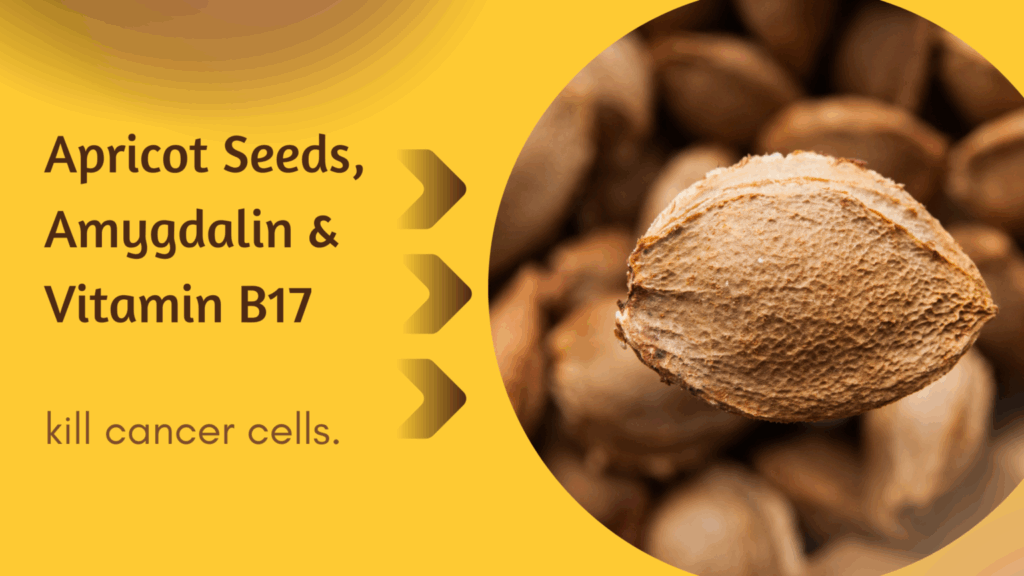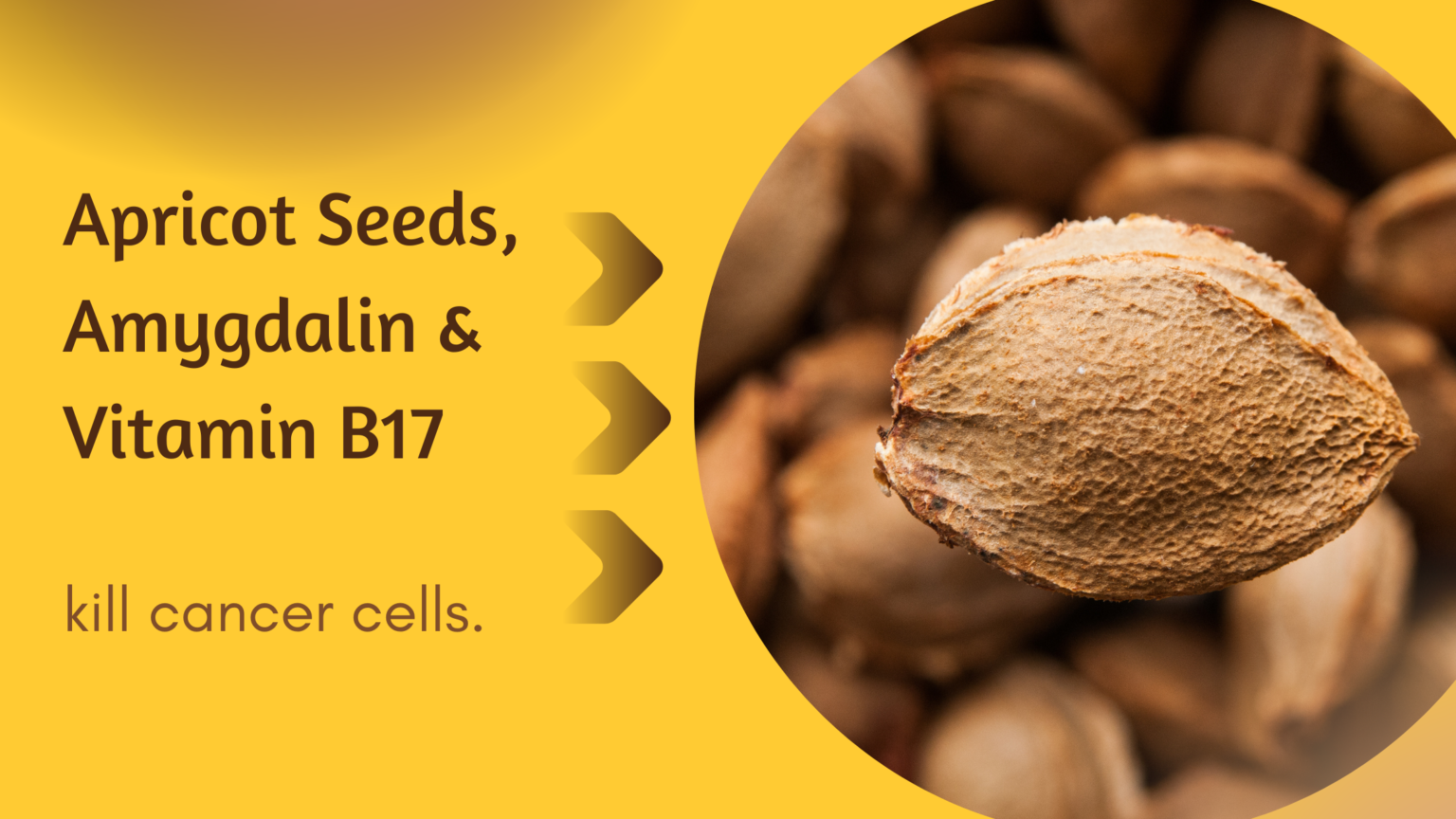
Apricot Kernels: Exploring the Controversial Claim of Fighting Cancer
The claim that apricot kernels fight cancer has been circulating for years, fueled by anecdotal evidence and alternative medicine proponents. However, the scientific community remains largely skeptical, citing a lack of robust clinical trials and concerns about the potential toxicity of these kernels. This article delves into the controversy surrounding apricot kernels and their purported anticancer properties, examining the available evidence, potential risks, and expert opinions.
What are Apricot Kernels?
Apricot kernels are the seeds found inside the hard pit of an apricot fruit. They resemble small almonds and have a slightly bitter taste. These kernels contain a compound called amygdalin, which is also known as laetrile or vitamin B17. It’s the amygdalin content that’s at the heart of the apricot kernels fight cancer debate.
The Amygdalin-Cancer Connection
The theory behind the claim that apricot kernels fight cancer revolves around amygdalin. Proponents believe that amygdalin selectively targets and destroys cancer cells. The idea is that cancer cells contain an enzyme, beta-glucosidase, which breaks down amygdalin into benzaldehyde and hydrogen cyanide. Hydrogen cyanide is a toxic substance, and the theory suggests that it kills cancer cells while leaving healthy cells unharmed. However, this theory has been widely disputed by mainstream medical professionals.
Scientific Evidence: What Does the Research Say?
Despite the anecdotal claims, scientific evidence supporting the use of apricot kernels fight cancer is limited and largely unconvincing. Numerous studies have investigated the effects of amygdalin on cancer cells, both in vitro (in test tubes) and in vivo (in animal models). While some studies have shown that amygdalin can inhibit the growth of cancer cells in vitro, these results have not been consistently replicated in more complex in vivo studies. Furthermore, the doses of amygdalin used in these studies are often much higher than what could be safely consumed by humans.
Clinical trials involving humans have also yielded disappointing results. A major clinical trial conducted by the National Cancer Institute in the 1980s found no evidence that laetrile (a form of amygdalin) was effective in treating cancer. The study, which involved 178 patients with advanced cancer, found that laetrile had no significant impact on tumor size, disease progression, or survival rates. [See also: Alternative Cancer Treatments: Separating Fact from Fiction]
The Risks of Consuming Apricot Kernels
One of the primary concerns surrounding the consumption of apricot kernels is the risk of cyanide poisoning. As mentioned earlier, amygdalin breaks down into hydrogen cyanide, a highly toxic substance. The human body can detoxify small amounts of cyanide, but larger doses can overwhelm the body’s detoxification mechanisms, leading to cyanide poisoning. Symptoms of cyanide poisoning can include nausea, vomiting, headache, dizziness, weakness, confusion, and in severe cases, coma, seizures, and death.
The amount of amygdalin in apricot kernels can vary depending on the variety of apricot and the growing conditions. However, even small amounts of kernels can contain enough amygdalin to cause cyanide poisoning, especially in children. Health organizations, such as the European Food Safety Authority (EFSA), have issued warnings about the risks of consuming apricot kernels. EFSA recommends that adults should not consume more than one to two apricot kernels per day, and children should avoid them altogether.
Expert Opinions: A Critical Perspective
The vast majority of medical professionals and cancer experts do not recommend the use of apricot kernels fight cancer as a cancer treatment. They emphasize that there is no scientific evidence to support the claim that apricot kernels are effective in treating cancer and that the risks of cyanide poisoning outweigh any potential benefits. Mainstream cancer treatments, such as surgery, chemotherapy, and radiation therapy, have been rigorously tested and proven to be effective in treating various types of cancer.
Dr. [Fictional Name], a leading oncologist at [Fictional Hospital], states, “There is absolutely no credible scientific evidence to support the use of apricot kernels as a cancer treatment. Promoting this idea is not only misleading but also potentially dangerous, as it can lead patients to delay or forgo conventional cancer treatments that have been proven to be effective.”
The Role of Regulation
The sale and marketing of apricot kernels as a cancer treatment are subject to regulation in many countries. In some countries, it is illegal to sell apricot kernels with the explicit claim that they can cure or treat cancer. However, apricot kernels may still be sold as a food product or dietary supplement, as long as they are not marketed as a cancer treatment. Consumers should be aware of the regulations in their country and should always consult with a healthcare professional before using any alternative cancer treatment.
Understanding Alternative Cancer Treatments
It’s crucial to approach alternative cancer treatments, including the use of apricot kernels fight cancer claims, with a critical and informed perspective. While some alternative therapies may offer supportive benefits, such as reducing stress or improving quality of life, they should not be used as a replacement for conventional cancer treatments. Patients should always discuss any alternative therapies they are considering with their oncologist or other healthcare professional. [See also: Integrative Oncology: Combining Conventional and Complementary Therapies]
The Power of Informed Decision-Making
When it comes to cancer treatment, informed decision-making is paramount. Patients should have access to accurate and reliable information about their diagnosis, treatment options, and potential risks and benefits. They should also be encouraged to ask questions, seek second opinions, and participate actively in their treatment planning. Relying on anecdotal evidence or unsubstantiated claims, such as the notion that apricot kernels can cure cancer, can have serious consequences.
Conclusion: Proceed with Caution
In conclusion, the claim that apricot kernels fight cancer is not supported by scientific evidence and poses a significant risk of cyanide poisoning. While the idea of a natural cancer cure may be appealing, it’s essential to rely on evidence-based medicine and consult with qualified healthcare professionals. Patients should be wary of unsubstantiated claims and should always prioritize their health and safety by following the recommendations of their medical team. The pursuit of health requires diligence, critical thinking, and a healthy dose of skepticism toward miracle cures. Instead of relying on unsubstantiated claims about apricot kernels, focus on proven methods of cancer prevention and treatment, such as a healthy diet, regular exercise, and adherence to recommended screening guidelines. Remember, your health is your most valuable asset, and it’s worth protecting with informed and evidence-based choices. The idea that apricot kernels fight cancer is a dangerous myth that needs to be debunked. Always consult with your doctor about any health concerns. Avoid self-treating with apricot kernels or any other unproven remedy. The potential for cyanide poisoning makes apricot kernels a risky and ineffective approach to cancer treatment. Focus on evidence-based treatments and supportive care. The belief that apricot kernels fight cancer can lead to delayed or avoided conventional treatments, which can have serious consequences. Always prioritize your health and safety by consulting with qualified healthcare professionals.

